The PEDro partnership has expanded globally and now includes satellite centres that contribute to the development and operations of PEDro and DiTA databases. This expansion is in addition to the network of volunteer PEDro raters.
The key people involved in each satellite centre and the important contributions they make to PEDro are detailed below. The PEDro Steering Committee expresses their gratitude to these satellite centres and all volunteers involved.
Help PEDro grow by contacting us to discuss how you could contribute to an existing satellite centre or start a new satellite centre.
- PEDro Canada (Université de Sherbrooke)
- PEDro Brazil
- PEDro Singapore
- PEDro OsloMet
1. PEDro Canada (Université de Sherbrooke)
Role: Continuous update (living systematic review) of the Diagnostic Test Accuracy database (DiTA), a database that indexes primary studies and systematic reviews of diagnostic test accuracy studies related to physiotherapy practice. We also plan to expand this review process to include prognostic studies and create a repertoire of clinically useful prognostic tools and/or models.
Key people:
 |
Professor Yannick Tousignant-Laflamme
University of Sherbrooke, Canada
Yannick is a professor at the School of Rehabilitation at Université de Sherbrooke. His research interests are pain management of musculoskeletal disorders and the personalization of rehabilitation services. |
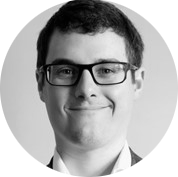 |
Assistant Professor Simon Décary
University of Sherbrooke, Canada
Simon is an assistant professor at the School of Rehabilitation at Université de Sherbrooke. His research interests are musculoskeletal health, health services, person-centered approach and primary care. |
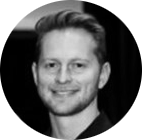 |
Mr Christian Longtin
University of Sherbrooke, Canada
Christian is a physical therapist and PhD candidate at the Université de Sherbrooke. His research interests are low back pain self-management and effectiveness of rehabilitation interventions. |
2. PEDro Brazil
Role: Maintains clinical practice guidelines on PEDro and contributes to the production of the PEDro database including screening for articles meeting the PEDro criteria for indexing and rating trials.
Key people:
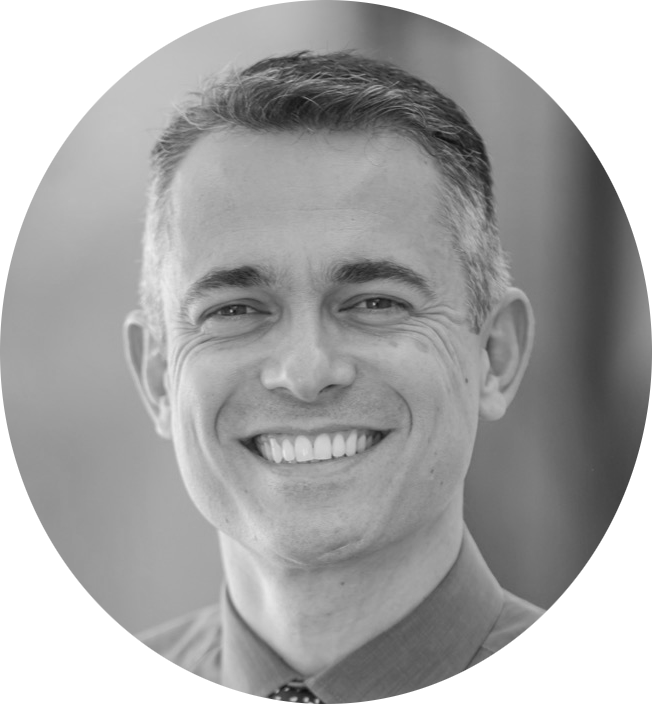 |
Professor Leonardo Oliveira Pena Costa
Universidade Cidade de São Paulo, Brazil
Leonardo is professor at the Masters and Doctoral Programs in Physical Therapy at Universidade Cidade de São Paulo. His research interests are the methodological features that influence research findings, systematic reviews and clinical trials. |
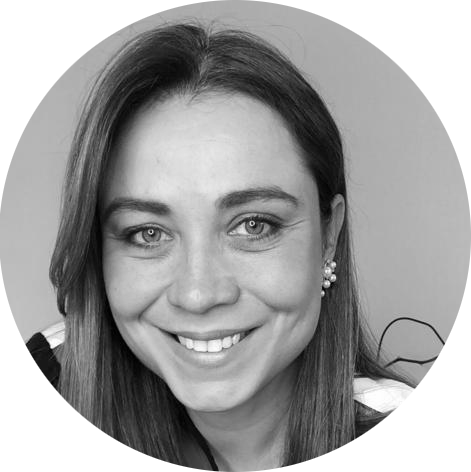 |
Professor Luciola da Cunha Menezes Costa
Universidade Cidade de São Paulo, Brazil
Luciola is professor at the Masters and Doctoral Programs in Physical Therapy at Universidade Cidade de São Paulo. Her research interest is epidemiology of musculoskeletal conditions. |
 |
Dr Tiê Parma Yamato
Universidade Cidade de São Paulo, Brazil; The University of Sydney, Australia
Tiê is an assistant professor at the Masters and Doctoral Programs in Physical Therapy at Universidade Cidade de São Paulo and Research Fellow at The University of Sydney. Her research interests are epidemiology, implementation and measurement properties of research for the musculoskeletal pain area in children and adolescents. |
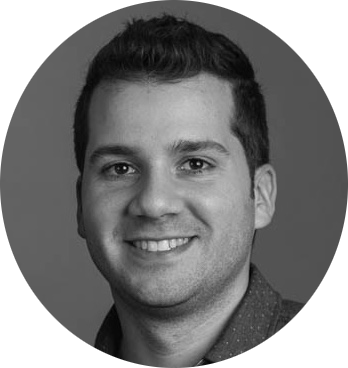 |
Dr Bruno Tirotti Saragiotto
University of Technology Sydney, Australia
Bruno is a Senior Lecturer at the Discipline of Physiotherapy at University of Technology Sydney. His research interests are digital health implementation research, systematic review and clinical trials for musculoskeletal conditions.
|
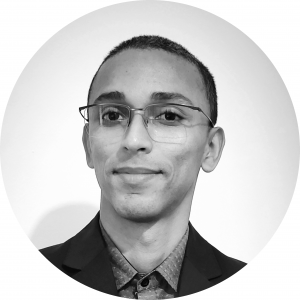 |
Junior Vitorino Fandim
Universidade Cidade de São Paulo, Brazil
Junior Vitorino Fandim holds a PhD scholarship from the São Paulo Research Foundation (FAPESP) at the Universidade Cidade de São Paulo. His interests are telehealth interventions and equity in systematic reviews, methodological and bibliometric studies for musculoskeletal conditions and health.
|
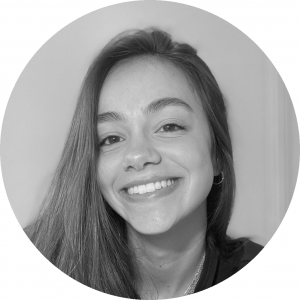 |
Mariana Leite
Universidade Cidade de São Paulo, Brazil
Mariana is a physiotherapist and currently is a PhD student at Universidade Cidade de Sao Paulo, in Brazil with a scholarship from Sao Paulo Research Foundation (FAPESP). Her primary research focus is musculoskeletal pain in children and adolescents.
|
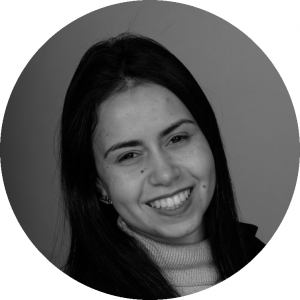 |
Veronica Souza Santos
Universidade Cidade de Sao Paulo, Brazil
Veronica is a physiotherapist post-graduate in Musculoskeletal Health at the Faculty of Medical Sciences of Santa Casa de São Paulo. Veronica is currently a PhD student and holds a scholarship from Sao Paulo Research Foundation (FAPESP). Her main area of interest is musculoskeletal pain in children and adolescents, and epidemiological and measurement properties studies.
|
3. PEDro Singapore
Role: To lead the training of PEDro raters in Singapore and facilitate the adoption of best available evidence in physiotherapy clinical practice.
Key people:
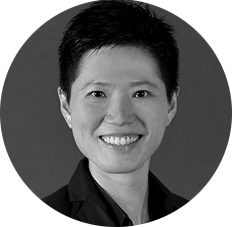 |
Associate Professor Kwah Li Khim
Singapore Institute of Technology); Singapore Physiotherapy Association, Singapore
Khim is the director of programmes at the Health and Social Sciences Cluster of Singapore Institute of Technology, and Honorary Secretary and Mentor to Education Committee at the Singapore Physiotherapy Association. Her research interests are stroke rehabilitation, evidence-based practice and implementation science. |
 |
Mr John Tan
Singapore General Hospital; Singapore Physiotherapy Association, Singapore
John is the Senior Principal Physiotherapist at Singapore General Hospital and the Chair of Education Committee at the Singapore Physiotherapy Association. His research interest is clinical outcomes for patients following knee arthroplasty.
|
4. PEDro OsloMet
Role: PEDro OsloMet maintains the systematic reviews on PEDro. This involves screening search results, formatting and coding eligible reviews and uploading them to the PEDro database.
Key people:
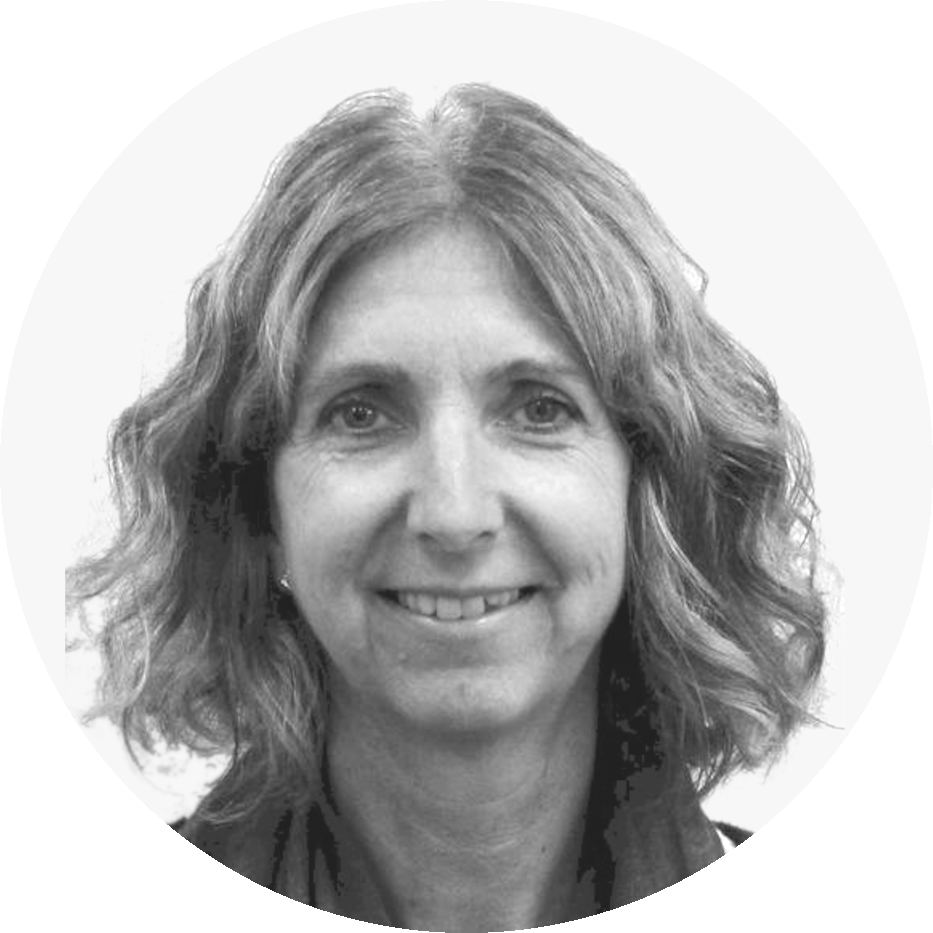 |
Dr Karin Hesseberg
OsloMet University, Norway
Karin is Head of Master Studies in the Department of Rehabilitation Science and Health Technology at OsloMet University. Her research interests include physical function and fitness in older people. |
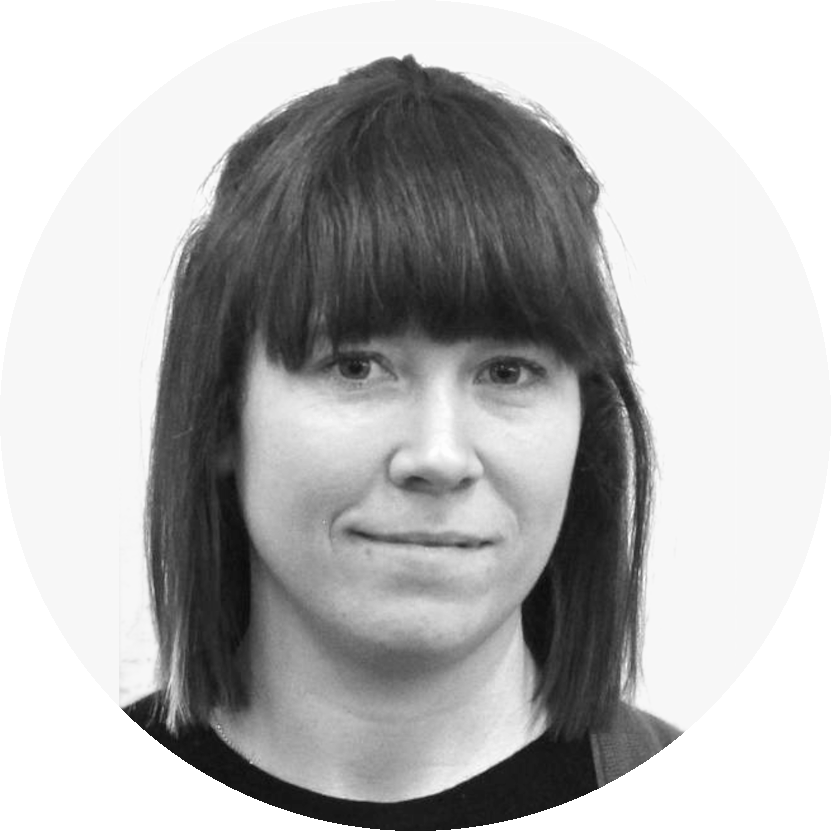 |
Sigrid Ryeng Alnes
OsloMet University, Norway
Sigrid is a PhD candidate at OsloMet University. Her research interests include vestibular rehabilitation and Parkinson’s disease.
|

















